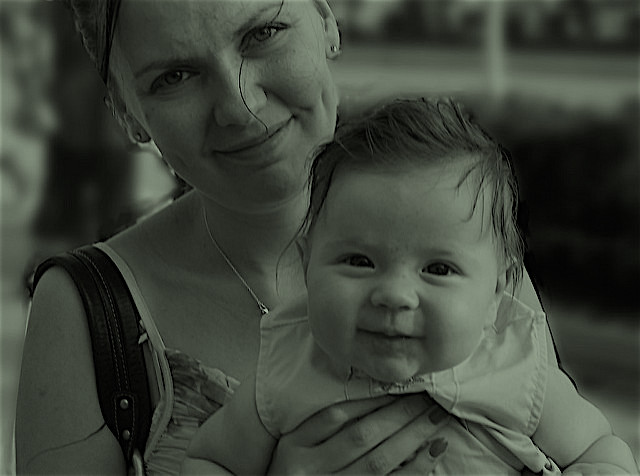Kathryn Smith, Clinical Psychologist, Psychology Consultants
During Perinatal Anxiety and Depression Week 12-18th November
As the age-old expression goes, ‘sharing is caring’ and this notion is the center of this year’s Perinatal Depression & Anxiety Awareness week campaign. The ‘It happened to me’ campaign encourages people (not just mum’s) who have been affected by perinatal anxiety or depression, to share their stories by starting a conversation about the illness.
Being vocal about your experiences by sharing what has happened in your life, helps to reduce stigma associated with mental illness, by saying, it’s okay to talk about this. And although group therapy is not for everyone, it’s effectiveness in treating many types of mental illness, is testament to the power of being free to openly share your feelings with others.
Perinatal anxiety or depression can be a difficult illness to acknowledge and accept with perceptions that this time of your life, should be filled with wonderment and joy at the little person you have created. Unfortunately, the reality can be quite different to the fanciful images that represent motherhood. In fact, the illness affects 100,000 Australian families annually, with 1 in 10 women experiencing anxiety or depression after having a child. It is also important to note that men are not exempt from the woes and struggles of parenthood, with 1:10 men experiencing depression during their partner’s pregnancy and 1:20 men experiencing depression after the baby is born. (Source PANDA)
Symptoms of perinatal anxiety or depression can include;
- Heart palpitations, shortness of breath or feeling detached from your surrounding
- Constant and overwhelming feelings of worry, particularly with reference to the baby’s wellbeing
- Obsessive compulsive behaviours
- Hyper-sensitivity to noisy environments
- Obsessively eating or abstaining from eating
- Insomnia or sleep problems unrelated to baby’s sleep
- Lack of motivation to complete every-day tasks
- Feeling overwhelmed with household chores and needs of the baby
- Extreme emotional and physical lethargy
The good news is, this type of illness is temporary and the sooner you seek help or support, the sooner you can start your journey to recovery. If you are experiencing these symptoms for longer than two weeks, speak to your GP about a referral to a psychologist. For more information or to share your story during this week of awareness, head to www.panda.org.au
Read more articles like this on our blog www.psychologyconsultants.com.au/blog
